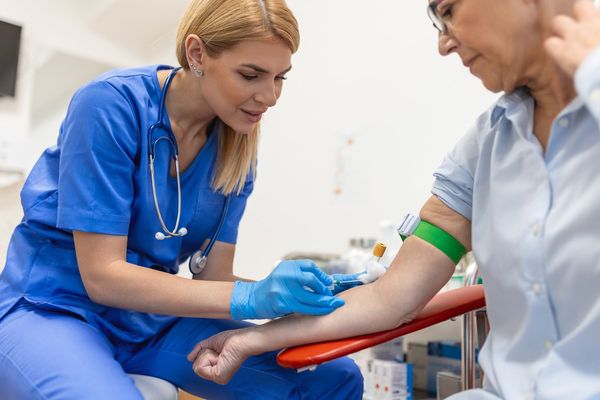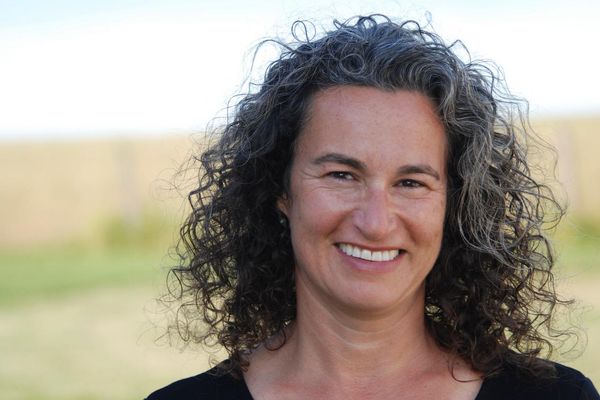You're likely to have new concerns and questions about your health now, particularly about the menopause transition. You should feel comfortable discussing your concerns with your health care professional—no question is too small or insignificant. Keep your questions in a small notebook or on your smartphone or tablet that you can take to your medical appointments.
Here are a few questions you might consider asking:
- How can I improve my diet and/or exercise program to have a healthier lifestyle in my 40s? Are there vitamins or supplements I need or things I should avoid?
- When should I have regular checkups and which screening tests should I have and when?
- What can I expect during a screening mammogram? Will it hurt?
- Should I take hormone therapy for menopausal symptoms, such as hot flashes and irritability? What other treatments are available?
- Am I at risk for osteoporosis? How much calcium and vitamin D should I get each day?
- Should I change my skin care routine to help reduce signs of aging? Are there treatments to remove "age spots"?
- Should I continue using the same contraceptive method in my 40s? What are the odds of pregnancy now that I'm close to menopause?
- Is depression a normal part of aging? What treatments are available?
- Will insurance pay for the screening tests I need in my 40s?
- Whom should I call to find out test results (such as a Pap test or mammogram) and when? (Remember: Always ask for and get a complete report on any medical tests you have. Don't fall into the "No news is good news" trap. Medical reports can be misplaced or not reported. Be sure to follow up.)
When chatting with your health care professional, it's also important to keep in mind these preventative health screenings you need in your 40s.
Your conversation should help you understand what perimenopause is all about and the impact it may have on your life.







